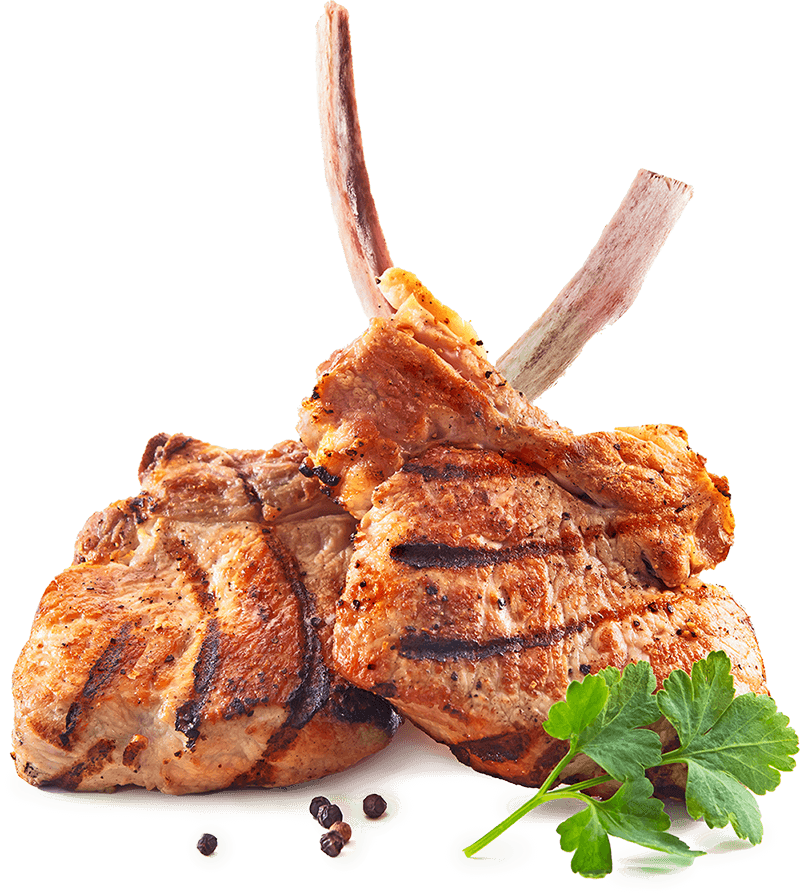What is veal?
Tender, flavorful, and rich in high-quality protein, veal is a uniquely versatile meat that elevates any meal. American veal inspires both home cooks and professional chefs with its unmatched taste and texture.
Veal meat comes from cattle that are raised by family farmers for about six months and harvested at a weight of 500 pounds or more. A veal animal is larger than a pig and older than most poultry at the time of harvest. That’s why the carbon footprint of veal meat is very similar to pork and chicken. A 2024 study found farms had an environmental impact of 2.88 kg of greenhouse gas (GHG) emissions per kg of veal when studied from start to finish. See more details about the study.
What is Milk-fed Veal?
You may have seen meat labeled as “milk-fed veal.” Milk-fed veal – sometimes referred to as special-fed or formula-fed – is defined by the USDA as meat from cattle that are fed a nutritionally balanced milk-based diet. The formula contains iron and 40 other essential nutrients including amino acids, carbohydrates, fats, minerals and vitamins. Animals receive this nutrient-rich milk formula twice a day. They also eat grain and roughage and have access to water throughout the day. Learn more about how veal is raised.
Is Veal Meat Healthy?
Yes! Veal meat is very tender, and it is considered a high-quality source of lean protein. Veal provides more protein per ounce than chicken, pork or beef. One 3-ounce serving of cooked veal loin provides 29 grams of protein and only 173 calories. Additionally, veal is a lean source of essential nutrients including B12, B6, iron and zinc. It contains omega-3 and omega-6 fatty acids, which are essential for nerve and brain function and a key component of the nervous system. Learn more.
Source: USDA Calories and Nutrition Information
When Did the American Veal Industry Get its Start?
Veal farming spread from Europe to the United States more than 100 years ago. Raising veal is closely aligned with dairy farming. While female calves, or heifers, are kept by dairies to produce milk, the male calves are raised for veal or beef.
Resourcefulness and sustainability are core to the veal industry’s heritage. Holstein bulls are raised for veal and the excess whey and skim milk powder from cheese and butter manufacturers are key ingredients in their highly nutritious milk formula. These practices help reduce food waste, enrich rural communities, and provide an excellent source of nutrition for consumers. Veal producers’ commitment to sustainability and animal welfare is outlined in the Ethical Commitments.
Still looking for information?
We welcome dialogue! Visit our FAQs for more information.

